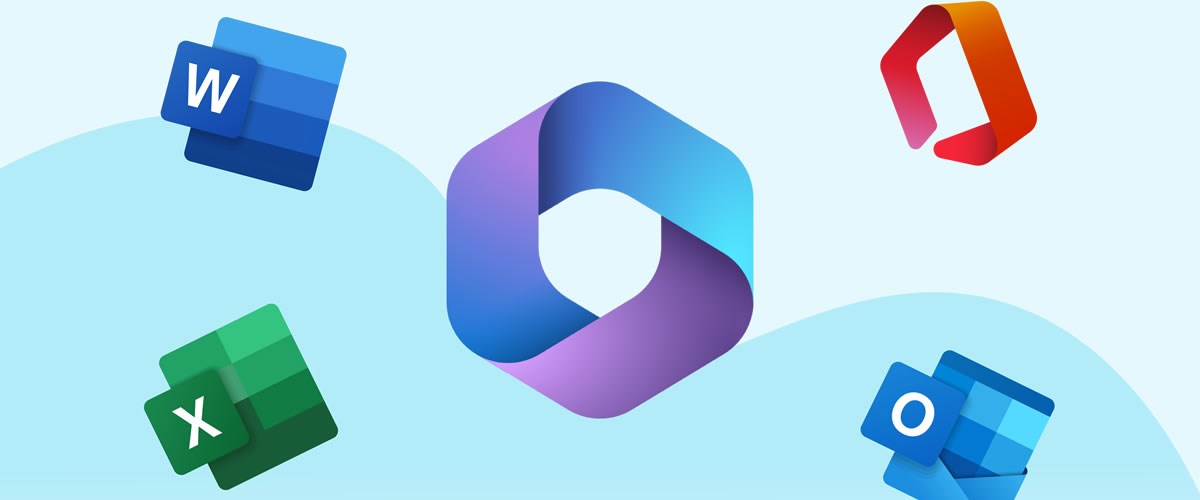
Creator: Microsoft Corp. - License: CC BY-SA 4.0
In today's rapidly changing tech world, Microsoft remains a major player. Their .NET Framework and regular updates have greatly improved the way we use technology. But, to make the most out of these advances, it's important to keep your operating system (OS) updated. Here's a simple explanation of why it matters.
Think of Microsoft's .NET Framework as a big toolbox for developers. It contains all sorts of tools, templates, and pre-written codes to create apps and software that look good and work smoothly. The developers use .NET Framework to build all sorts of things – from the apps on your Windows computer to the games you play and the websites you visit.
Since its launch in 2002, the .NET Framework has gone through a lot of changes. With each new version, like .NET Core and .NET 5, it gets better and more powerful. It gets new tools, stronger security, and it can handle bigger, more complex tasks more easily. Just like a car gets a new model every year, so does the .NET Framework.
Now, what does this have to do with upgrading your operating system? Simply put, the newer versions of .NET Framework need the latest operating systems to work best. It's like trying to play the latest video games on an old gaming console - it either won't work at all, or you won't be able to enjoy all the cool features. By keeping your operating system updated, you ensure you're getting the most out of the .NET Framework and the apps built on it.
Moreover, Microsoft constantly releases updates for its software. These updates are like little tune-ups for your computer. They fix problems, close loopholes that hackers might exploit, make things run more smoothly, and sometimes even add new features. With cybercrimes on the rise, keeping your software up-to-date is a simple way to keep your data safer.
A fresh operating system also means a more efficient computer. It's engineered to run faster and smoother, leading to better performance. By keeping your operating system current, you're helping your computer work as efficiently as possible, making your work easier and quicker.
But what happens if you don't upgrade?
Well, over time, Microsoft stops supporting older operating systems, like they did with Windows 7 in 2020. This means these systems don't get any more tune-ups or security patches. This leaves them open to attacks from hackers and makes them less efficient.
The idea of upgrading might sound like a hassle, especially when considering potential compatibility issues with your favorite apps or software. However, the slight inconvenience of adjustment is nothing compared to the benefits. It's like moving to a new house – it takes some time to get used to, but once you settle in, it's worth it. Plus, most software makers regularly update their products to work with the latest OS, so they've got you covered.
To sum it up, the world of technology is always changing. New tools and updates are continually emerging, offering better experiences and higher security. By keeping your operating systems updated, you get to enjoy all these benefits without a hitch. As Microsoft keeps improving its .NET Framework and other products, it's up to us users to make sure we're not left behind. Technology is here to make our lives easier, and the best way to benefit from it is by keeping up-to-date.